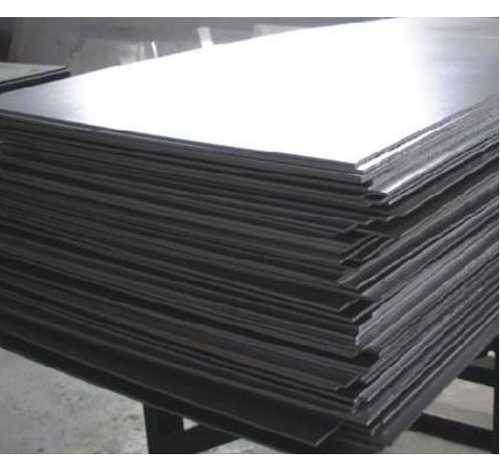316Ti is a molybdenum-containing austenitic stainless steel type 316 that has been stabilized with titanium (UNS S31635). The commonly used chromium-nickel austenitic stainless steels like 304 have lower general corrosion, pitting/crevice corrosion, and general corrosion resistance than the 316 alloys.
These Stainless Steel 316ti Sheets were destined for use in the chemical industry, nuclear power, vacuum technology, reactor instrumentation, submarine construction, furnace construction, Transsulfit, sulfite pulp, textile, colour, fatty acid, photochemical, and pharmaceutical industries due to their increased corrosion and pitting resistance. In exhaust technology, this substance is being employed more and more.
Products made from stainless steel 316Ti sheet are utilized in a range of industries, including maritime, oil and gas, chemical processing, power generation, food processing, wastewater treatment, and other applications, where harsh circumstances may prevail. High-quality stainless steel sheets in various sizes and grades, including 304/304L, 310/310S, 316/316L/316Ti, 321/321H, 347/347H, and Duplex 2205, are available from Asiamet as a stockist, supplier, and exporter in accordance with ASTM A240.
The product offers a number of useful features. Among them are high formability and weldability, general corrosion resistance, and good cryogenic toughness. Additionally, it has qualities such as high tensile strength, robust design, outstanding dimensional precision, and superb surface finishes. Other characteristics include resistance to corrosion, stress corrosion cracking, oxidation, pitting, and crevice corrosion.
The thickness at which the metal is rolled out is what distinguishes stainless steel sheets from stainless steel plates. A stainless steel sheet has a thickness of more than foil but less than stainless steel plate, which often has a thickness greater than 6mm.
Construction encasing, doors, windows, and armatures, offshore modules, chemical tanker containers and tubes, chemical storage facilities, chemical land transportation, food and beverage processing facilities, pharmaceutical manufacturing facilities, synthetic fibre, paper, and textile plants, and pressure vessels. Intergranular corrosion resistance is ensured after welding thanks to the titanium alloy.
The highest melting point for 316Ti sheets and plates is 1399 degrees Celsius (or 2550 degrees Fahrenheit). They have incredible yield and tensile strength ranges. With a 35 percent range of elongation, it has the highest range. They also contain the elements carbon, manganese, silicon, phosphorus, sulfur, chromium, molybdenum, nitrogen, and nickel because they are a member of one of the 300 families.





Comments